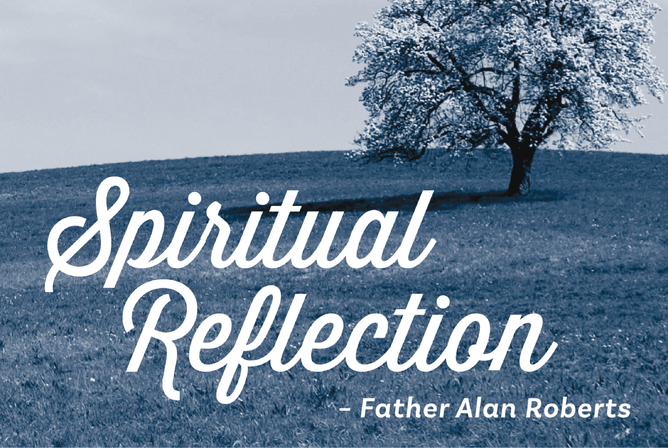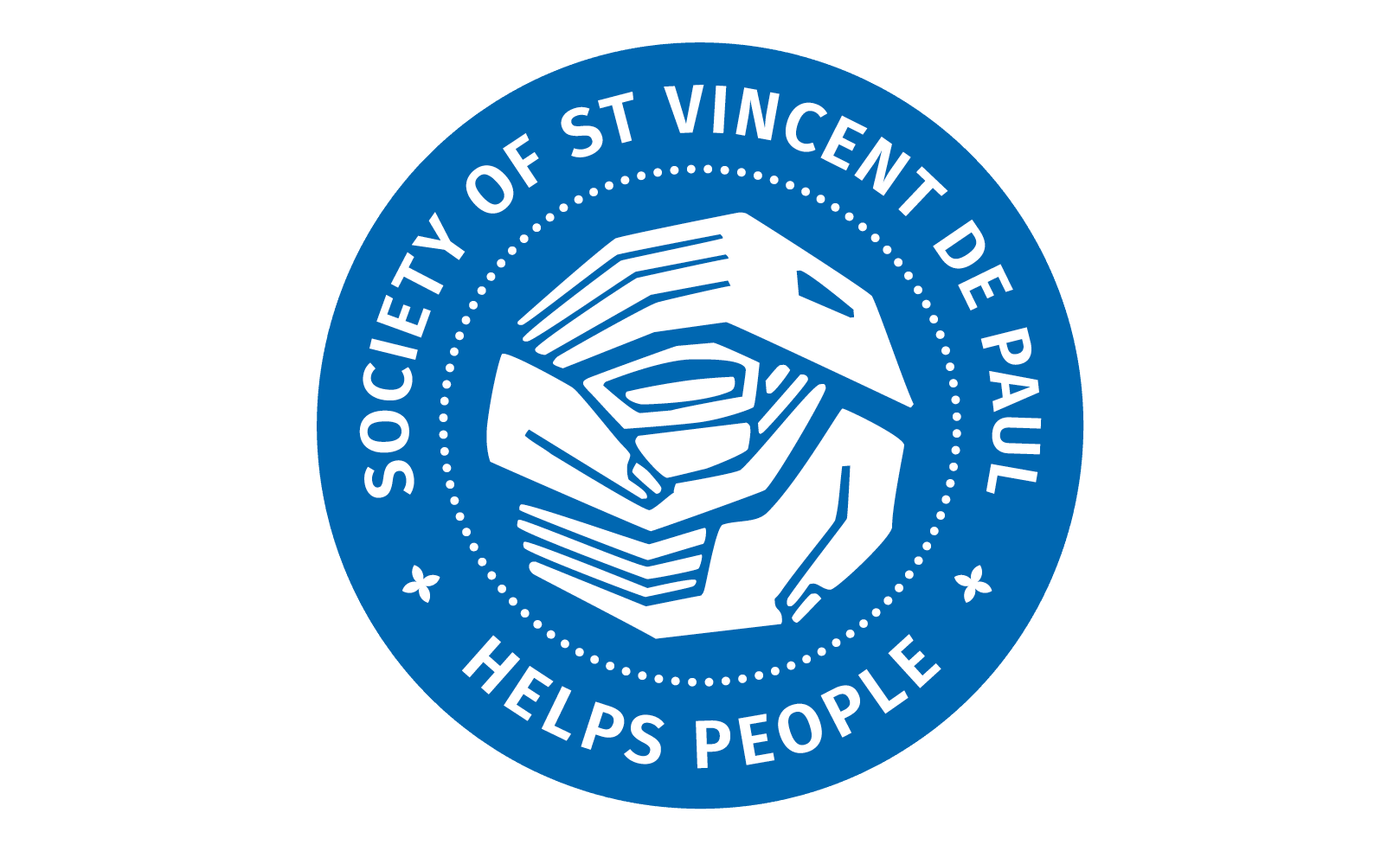BEHIND WHAT IS SEEN
"No one must say that they cannot be close to the poor because their own lifestyle demands more attention to other areas. This is an excuse commonly heard in academic, business or professional, and even ecclesial circles. While it is quite true that the essential vocation and mission of the lay faithful is to strive that earthly realities and all human activity may be transformed by the Gospel, none of us can think we are exempt from concern for the poor and for social justice." – Pope Francis.
The late Pope Francis has made two points in the above statement. One, for a disciple of Christ there is no excuse for not being concerned about poverty. It goes with the territory. Then two, concern for the poor and social justice go together, which implies looking for the causes of poverty and endeavouring to right the wrong.
I have just finished reading the newly published book: A Voice for the Silenced [1]. The book contains 15 stories told personally by Māori, currently imprisoned or before the justice system. The prisoners were all guilty of the usual crimes: violence, rape, theft, and in their stories reveal they themselves were also victims of these crimes while in childhood. In this they are not excusing themselves, simply understanding. They are frank about their guilt and open about the need to change their lives. Their pondering and questioning has led them to think more deeply about their current situation and why it is that over half the prison population in New Zealand consist of Māori.
Almost every story made some reference to colonisation and the poverty among Māori resulting from it. In the age of the Roman Empire, the respected Emperor, Marcus Aurelius, made the statement poverty is the mother of crime. This same emperor also said: It is not death that a person should fear, but they should fear never beginning to live. For the majority of our story tellers here, the emperor’s quotes certainly apply. When someone spends their childhood in foster care, then the majority of their teens to mid-life in prison of some kind, we have to wonder what kind of a life is that. When their crime is committed is the harshness of a prison the only answer?
I dare say that a major purpose of this book is designed to awaken the reader to the effects of colonisation as well as to illustrate the need for change within our justice system. Are white people sometimes treated more leniently for the same crime committed by Māori? The story tellers did not hesitate to mention their experience, and least the pākehā reader becomes judgmental, reminders come of the rape and the violence committed by white men as in the case of Parihaka. Also highlighted by several was something we hardly ever mention: the only war the New Zealand Government has ever declared was on their own indigenous people!
Some glaring examples of injustice are given in this book. It is international law that a prisoner may not be sent into isolation for more than 14 days. However, recorded by several of the story tellers, what happens in New Zealand prisons for some, is that they are released for a day and then sent back for another 14. The law is obeyed but it doesn’t take a psychology degree to conclude this is extremely dangerous. For a person who can read or study you might get away with it, but for people unable to use the time constructively it risks sentencing a person to insanity. The practice is nothing less than evil. It is little wonder former Prime Minister, Bill English, is quoted in the book as saying our prisons are a fiscal and social disaster. I think we can also add, and injustice is a frequent visitor.
Stories were also told whereby the welfare report described in detail the background of the individual as well as their positive traits and signs of growth. In some cases magistrates listened and ruled accordingly. For others, dismissal or refusal to consider. In each case, the prisoner concerned had never before experienced any positive feedback concerning their character.
We know that crime is a problem in our society. If however we think that punishment to the point of cruelty will ever do any good, and we turn a blind eye to injustice committed in our prisons and justice system, then the least we can expect is more crime in society.
If we are people of justice then we must open our eyes and live with the mentality aptly expressed in a quote the author gives prior to his introduction:
There is so much good in the worst of us,
And so much bad in the best of us,
That it ill-behoves any of us,
To find fault with the rest of us.
– James Truslow Adams (1931)
DISCUSS: Is the subject of injustice in prisons, or improvement of the prison system in any way relevant to the Society of St Vincent de Paul? If not, could it be?
PRAYER
Clothe me God
With
Compassion
And
Concern
For justice
For those
Who do not know
The security
Of
Caring homes
Quietly affirming
Shepherding
Establishing
Communities of love.
[1] Harry Walker. Stories from the cells of Aotearoa/New Zealand.



